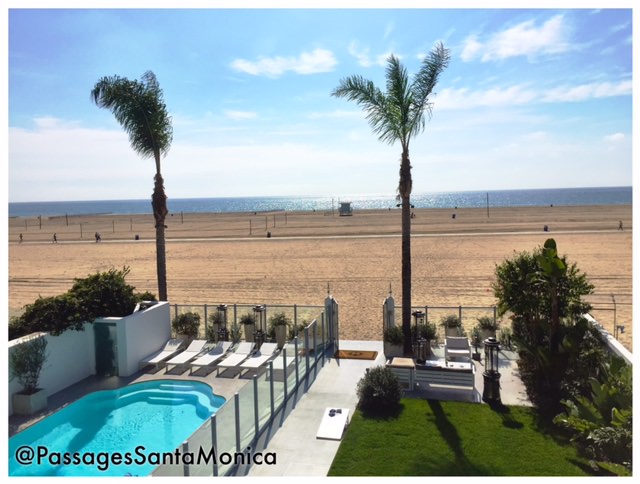During the time period after completing an inpatient recovery program, adjustments may need to be made as you return to the routine of daily living. The transitional period offers an opportunity for starting fresh, calibrating your lifestyle, environment and choices to your new sobriety and personal outlook. Fortunately, you do not have to handle this transitional period alone. Transitional programs can help guide you through the beginning stages of your life after alcohol or drug recovery, allowing you to benefit from the expertise of addiction professionals who can help you position yourself to thrive and achieve.
Types of Transitional Programs Available After Recovery
There are a wide variety of services that you may want to look into with your post-treatment transitional care in mind. Here are four of the most common types of transitional programs that can offer assistance with adjustment to life after rehab.
- Aftercare Planning
One vital part of the transitional process often occurs during treatment in the form of aftercare planning. With a transitional counselor, you can begin to anticipate challenges, achieve solutions and prepare your environment to foster growth and nurture yourself after completing treatment. Ask treatment centers if they provide aftercare planning and if so, what the aftercare program entails. - Sobriety Coaches
Sobriety coaches can be an excellent resource during the post-treatment period. Sober coaches can help you make doctor’s appointments, revamp your living space, schedule your time, and make any necessary changes to help reinforce recovery. Sobriety coaches can also provide you with ongoing practical tools to help you overcome challenges, or even shadow you temporarily until you adjust to your new life. - Support Groups
Support groups can help provide an encouraging network for those who need to start fresh in their social lives. Many different forms of support groups exist, and some offer the opportunity to share coping strategies, gain outside perspective and share your new perspective and voice with others. Ask your treatment center if there are any such groups they might recommend that might be helpful for you during the transitional period. - Sober Living Environment
A sober living environment can be a godsend in the post-recovery transitional period. After you have treated the root psychological and physical causes of your dependency, you may still sense that you need an extension of retreat from the world before taking on new challenges ahead of you. A sober living environment can provide you with a safe reprieve where you can expect support, guidance, and like-minded friends, to help strengthen you during the transitional period. Most sober living environments are aimed at creating a low-stress setting away from outside cares, with addiction counselors and therapists on site to offer assistance should you need it.
Call Passages Addiction Treatment Center today if you or a loved one is battling an addiction to drugs and/or alcohol. Our admissions department is available 24/7 and can be reached directly by dialing our toll-free number at (888) 397-0112. We look forward to speaking with you soon.
Image by Jennifer McDougall
For more information:
www.passagesmalibu.com
www.passagesventura.com


